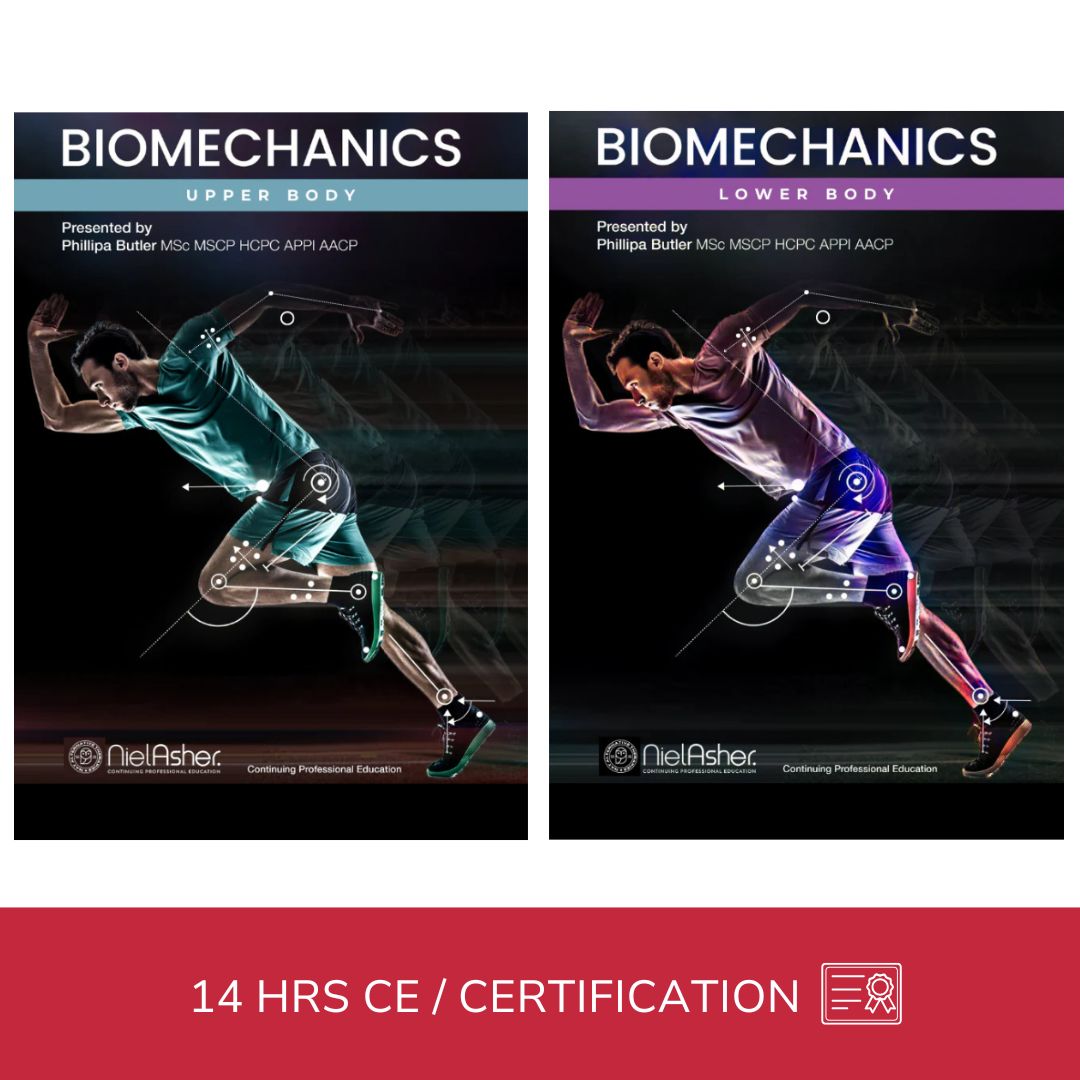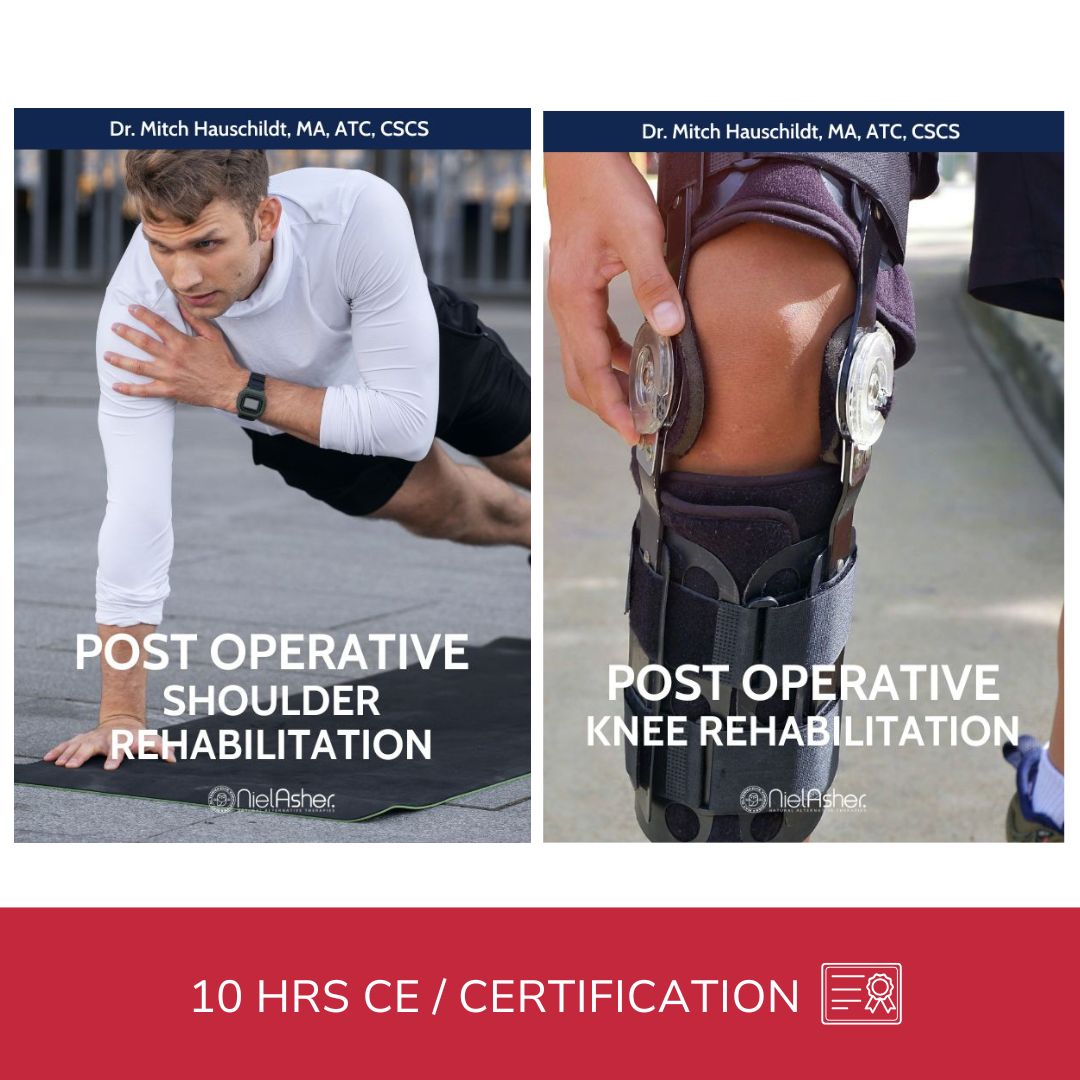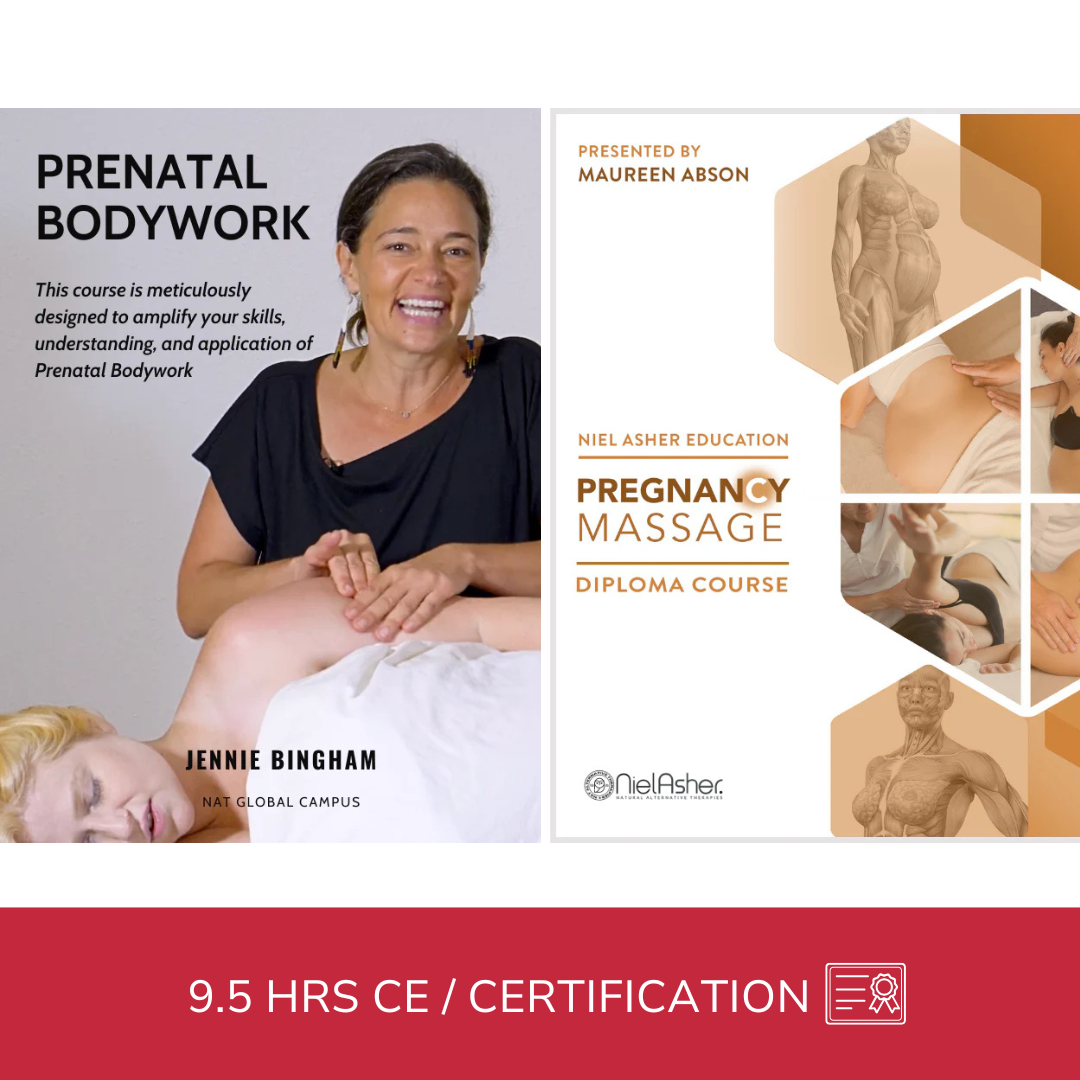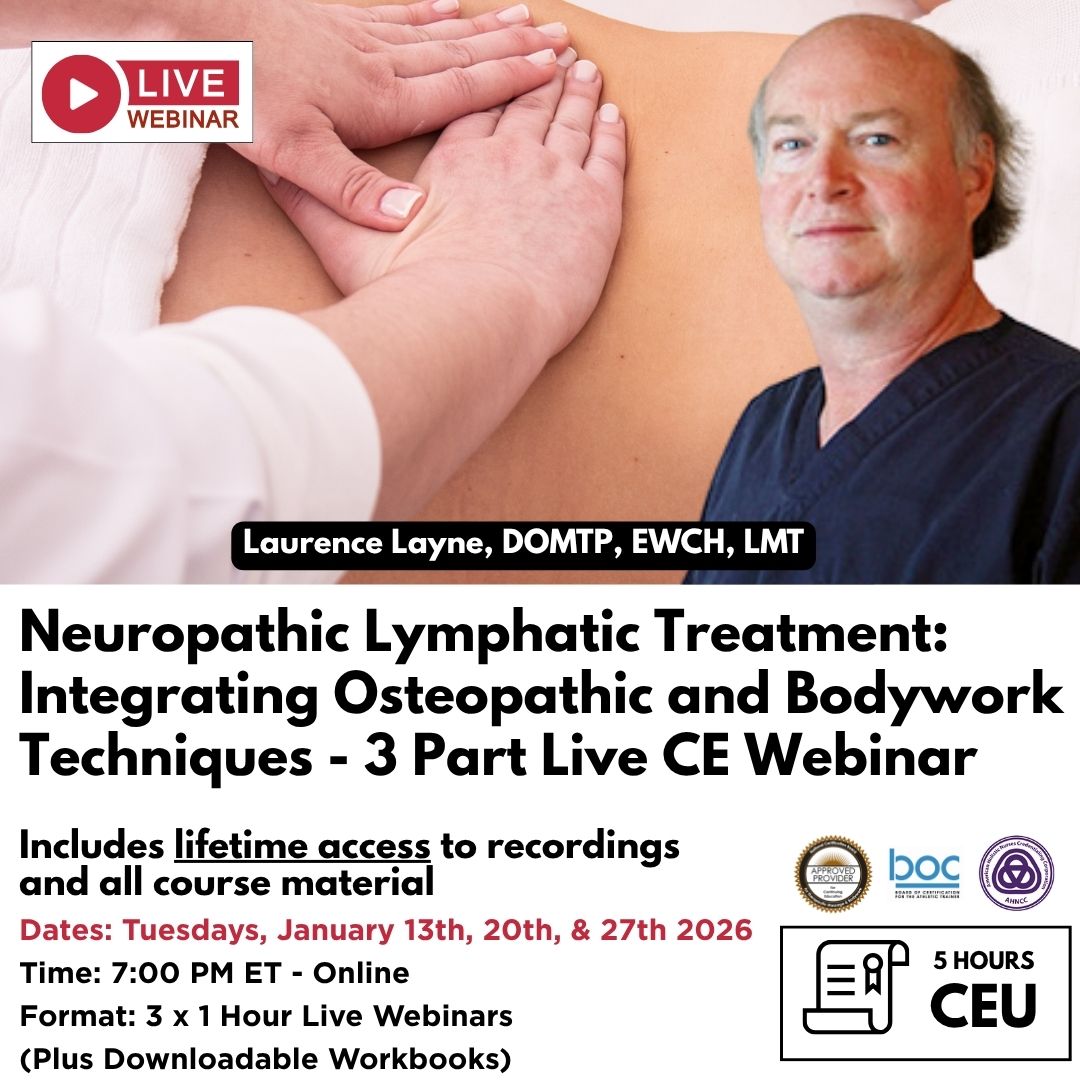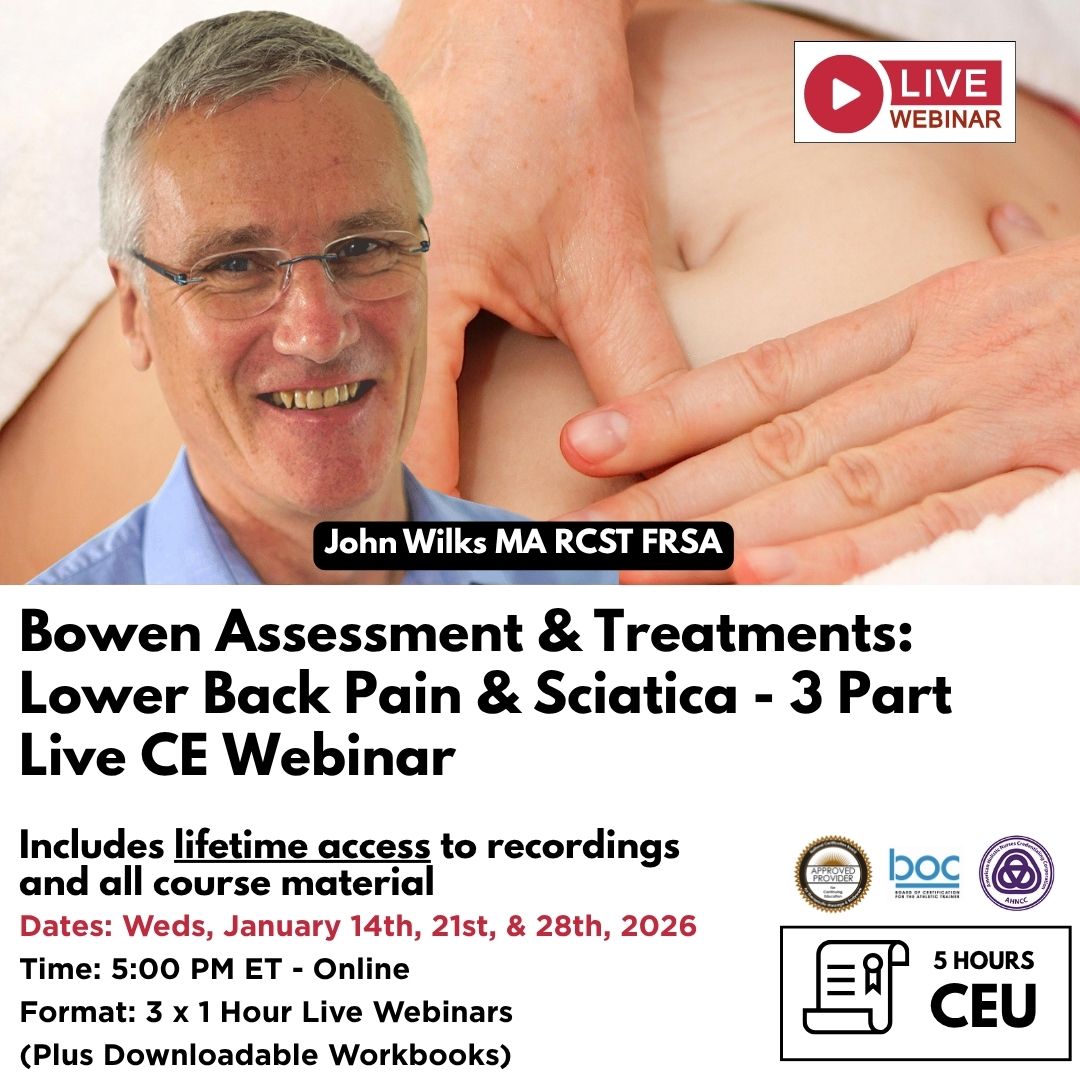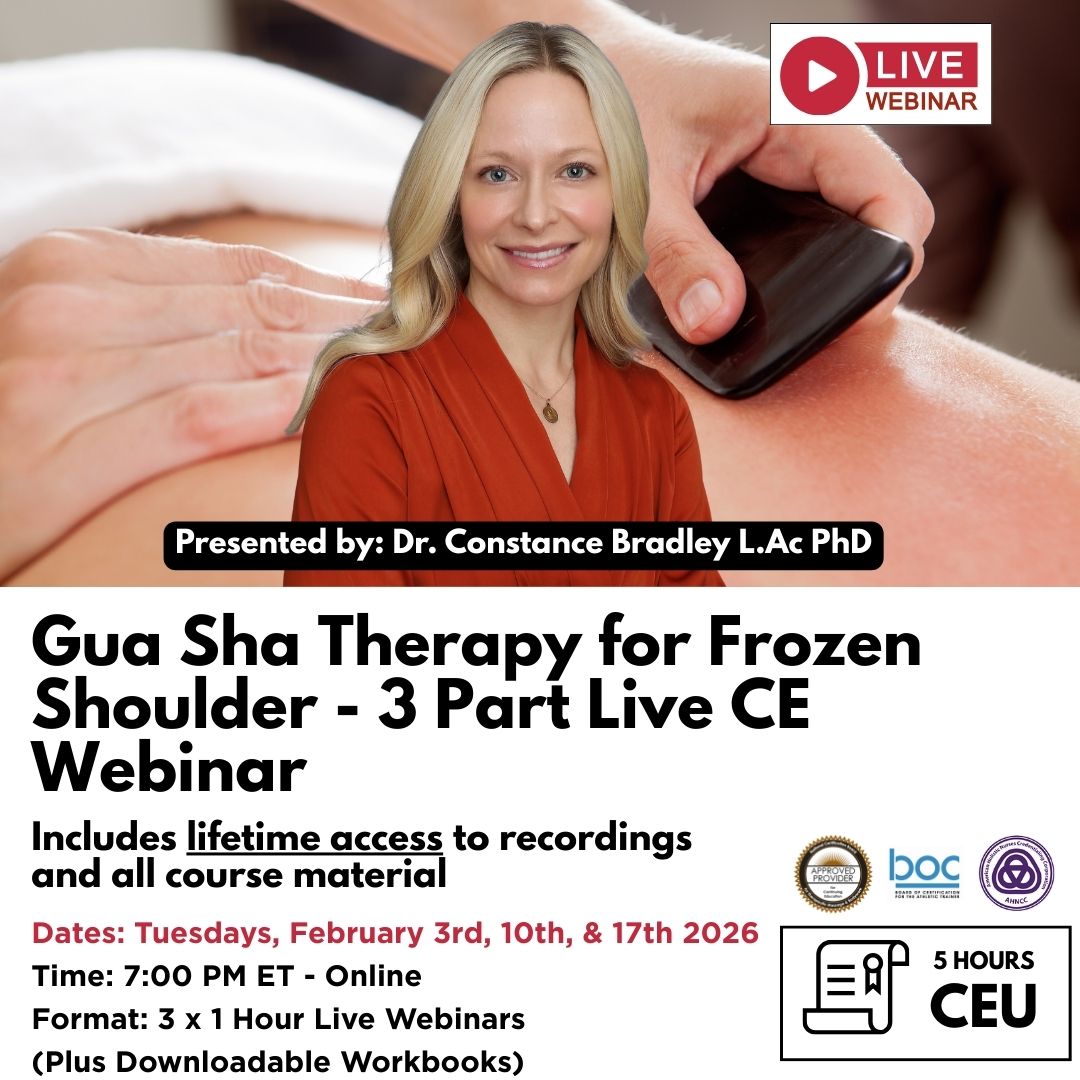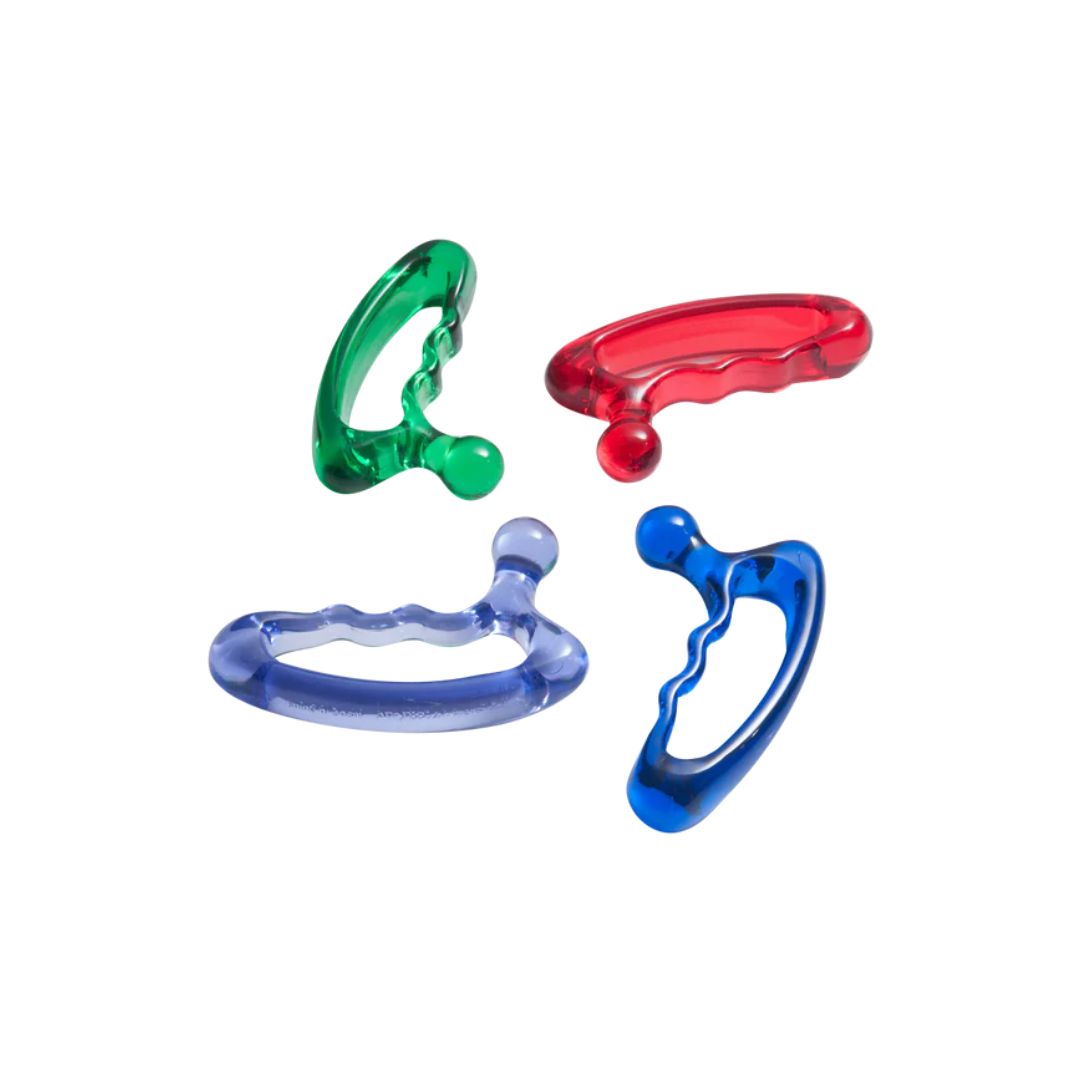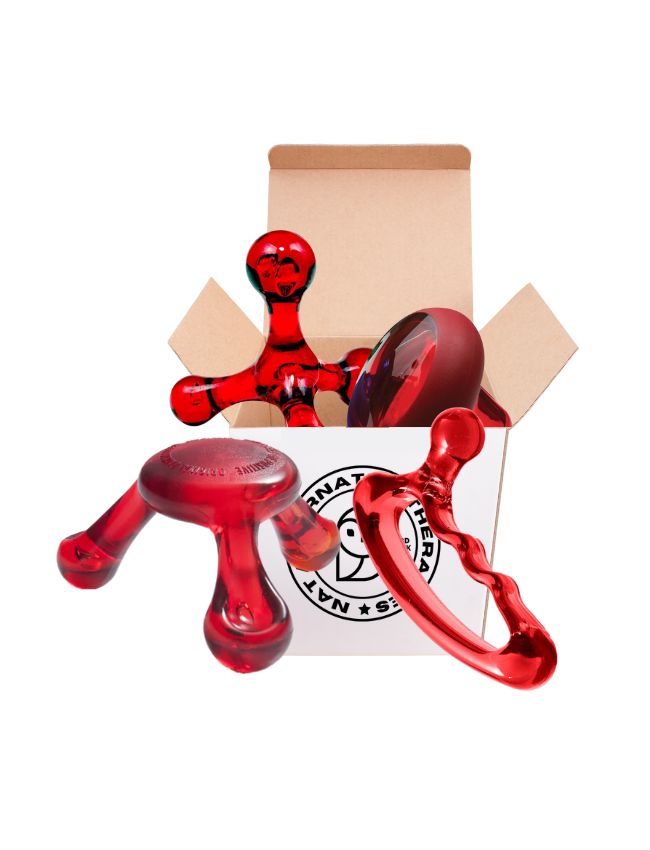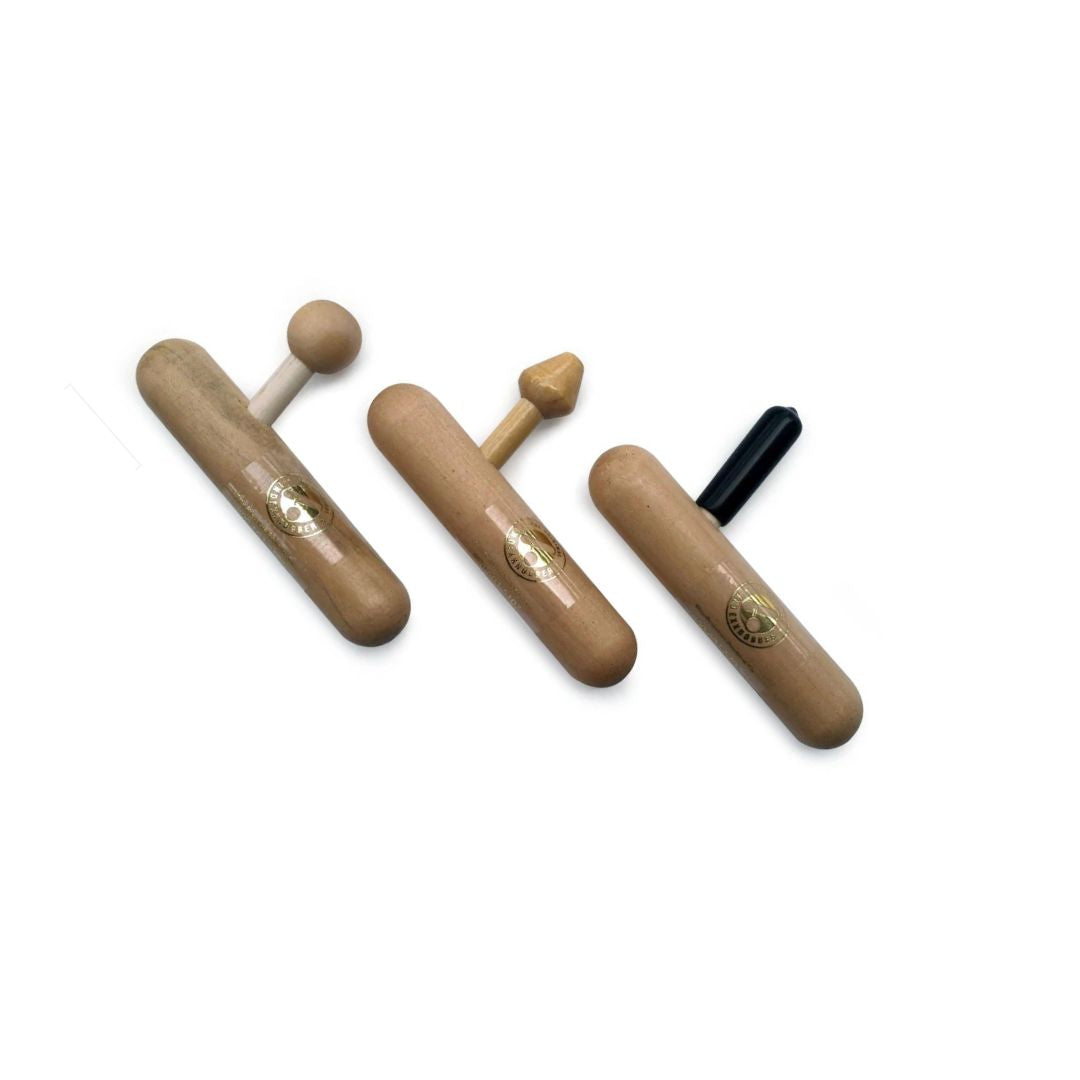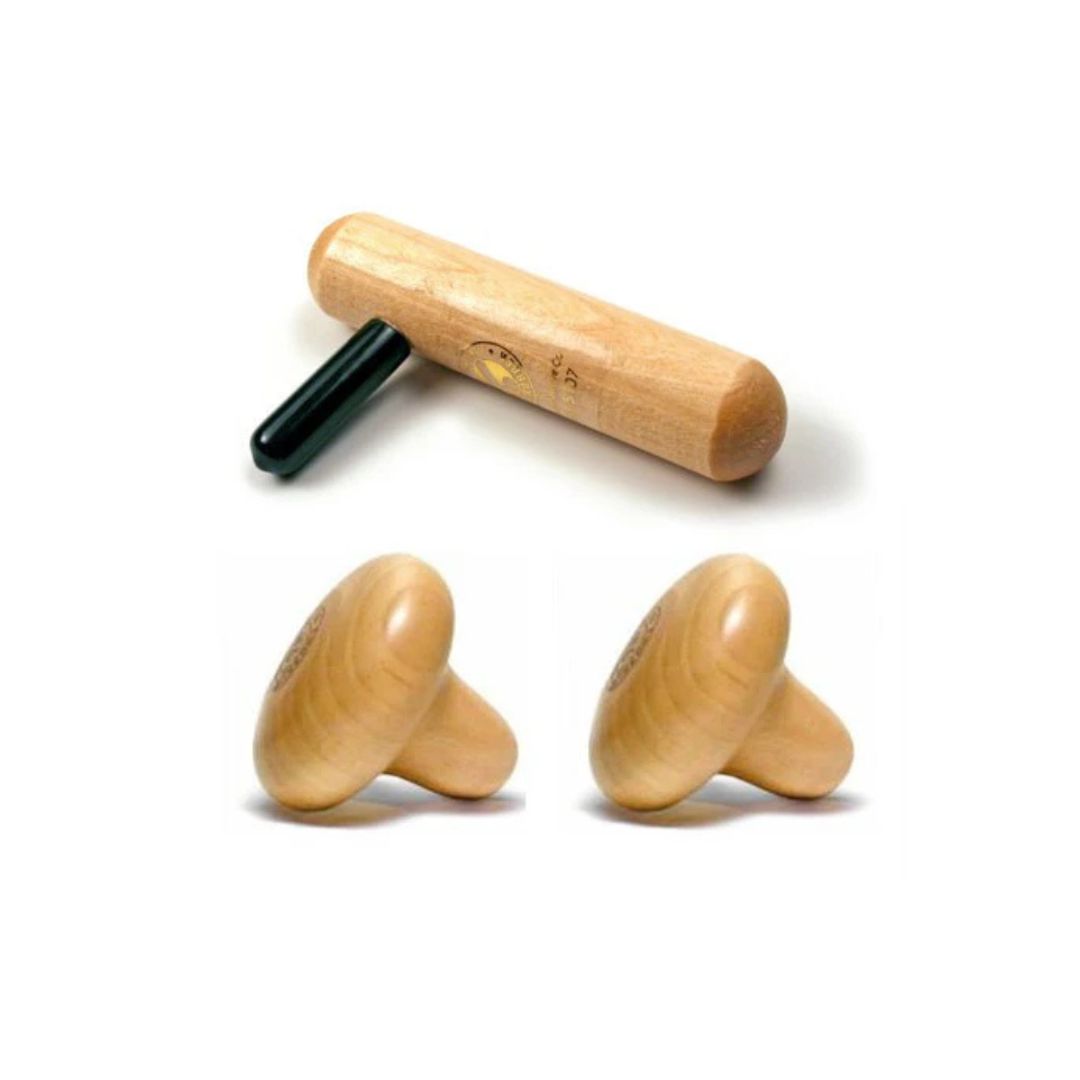Tibialis Anterior - "Anterior Compartment Syndrome"
Tibialis Anterior Trigger Points - Overview
Anterior compartment syndrome is usually caused by swelling or enlargement of tibialis anterior in the anterior compartment of the lower leg
Trigger points in the tibialis anterior are often associated with painful conditions of the lower leg including "shin splints".
These trigger points are also typically found to be active in people who suffer from the more chronic condition - Anterior Compartment Syndrome.
Anterior Compartment Syndrome
Muscles are covered by an inflexible fibrous sleeve called fascia. Fascia creates a compartment for the muscle, with bone forming one side and the fascia covering the other sides.
In the lower leg the two bones, the tibia and the fibula, create a more rigid compartment.
The tibialis anterior muscle runs over the tibia and fibula and is enclosed by the fascia.
Anterior compartment syndrome is usually caused by swelling or enlargement of tibialis anterior in the anterior compartment of the lower leg.
Increased intramuscular swelling, as a result of trauma or overuse, creates pressure inside the compartment which impedes blood flow and muscle function.
The nerves in the compartment may be compressed causing numbness and weakness in the foot.
Anterior compartment syndrome is more often a chronic rather than an acute injury.
Runners and other athletes involved in activities that require a lot of repetitive flexion and extension of the foot are most susceptible.
Pain, especially when dorsiflexing the ankle to lift the foot or when raising the toes, and decreased sensation and weakness in the foot may be experienced.
Virtually any injury involving bleeding or local swelling may lead to compartment syndrome.

Cause of Injury
Acute: trauma to the tibialis anterior muscle causing bleeding and/or swelling.
Chronic: overuse of the muscle causing inflammation and swelling and increased pressure in the compartment.
Rapid growth of the muscle before its fascial envelope can expand (as seen with anabolic steroid use).
Signs and Symptoms
Pain and tightness in the shin (especially the lateral side). Worsens with exercise. Decreased sensation on top of the foot over the second toe. Weakness and tingling in the foot.
Complications if Left Unattended
Raised pressure in the compartment may lead to permanent nerve and blood vessel damage if left unattended.
The underlying cause of the condition will most likely continue to cause irritation and swelling if not treated.
Immediate Treatment
Rest, ice and elevation (no compression). Anti- inflammatory medication. Sports massage may be used to stretch the fascia.
Rehabilitation and Prevention
Stretching the muscles in the front of the shin will help to alleviate some of the pressure and elongate the muscle.
Massage to stretch the fascia may also help to speed recovery. Gradual strengthening and a good flexibility program will help prevent this condition.
Avoiding direct trauma to the shin area will prevent acute compartment syndrome.
Long-Term Prognosis
If treated before damage to the nerves and blood vessels becomes serious, the recovery rate is very good.
Acute or severe chronic anterior compartment syndrome may require surgical intervention to relieve the pressure in the compartment.
Links
Find a Trigger Point Professional in your area
More Articles About Tibialis Anterior
Dry Needling for Trigger Points
Certify as a Trigger Point Therapist
About NAT Courses
As a manual therapist or exercise professional, there is only one way to expand your business - education!
Learning more skills increases the services that you offer and provides more opportunity for specialization.
Every NAT course is designed to build on what you already know, to empower you to treat more clients and grow your practice, with a minimal investment in time and money.
Help Desk
About Niel Asher Education
Niel Asher Education is a leading provider of distance learning and continued education courses.
Established in the United Kingdom in 1999, we provide course and distance learning material for therapists and other healthcare professionals in over 40 countries.
Our courses are accredited by over 90 professional associations and national accreditation institutions including the National Academy of Sports Medicine (NASM) and National Certification Board for Therapeutic Massage and Bodywork (NCBTMB). Full details of all international course accreditations can be found on our website.
Printed course materials and other products offered on our websites are despatched worldwide from our 3 locations in the UK (London), USA (Pennsylvania) and Australia (Melbourne).
More About Us
NAMTPT AWARD
We are honored to have received the 2018 "Excellence in Education" Award from the National Association of Myofascial Trigger Point Therapists.
Since 1999 Niel Asher Education has won numerous awards for education and in particular for education and services provided in the field of trigger point therapy.
Read Full Article
Award Winning Instructors
Niel Asher Healthcare course instructors have won a host of prestigious awards including 2 lifetime achievement honorees - Stuart Hinds, Lifetime Achievement Honoree, AAMT, 2015, and Dr. Jonathan Kuttner, MD, Lifetime Achievement Honoree, NAMTPT 2014.
Meet the Instructors
NAT Certification
If you are a qualified/licensed manual therapist or exercise/fitness professional you can expand your credentials with NAT certification.
In addition to national accreditation for continued education, each course that we offer includes "NAT Learning Credits". By taking and completing courses you can accumulate NAT credits to qualify for NAT certification.
There are currently 3 levels of NAT certification. Certifying NAT is a valuable way to show your clients that you take continued education seriously, and to promote your skills and qualifications.
About NAT Certification
Niel Asher Technique
Since 1999 the Niel Asher Technique for treating trigger points has been adopted by over 100,000 therapists worldwide, and has been applied to the treatment of a number of common musculoskeletal injuries.
The Niel Asher Technique for treating frozen shoulder was first introduced and published in 1997 and has been widely adopted by therapists and exercise professionals working within elite sports and athletics.
Read More
Worldwide Free Shipping
Most of our courses are available as either "Printed" or 'Download" editions. When you purchase a download edition, you receive immediate lifetime access to all course material. Course texts can be downloaded and printed if required.
When you purchase a "Printed" edition, you will also receive free access to the download edition.
We ship Worldwide from locations in the USA, UK, and Australia. Most items are despatched within 24 hours and shipping is FREE for all orders over US$50.
Shipping
This trigger point therapy blog is intended to be used for information purposes only and is not intended to be used for medical diagnosis or treatment or to substitute for a medical diagnosis and/or treatment rendered or prescribed by a physician or competent healthcare professional. This information is designed as educational material, but should not be taken as a recommendation for treatment of any particular person or patient. Always consult your physician if you think you need treatment or if you feel unwell.
About Niel Asher Education
Niel Asher Education (NAT Global Campus) is a globally recognised provider of high-quality professional learning for hands-on health and movement practitioners. Through an extensive catalogue of expert-led online courses, NAT delivers continuing education for massage therapists, supporting both newly qualified and highly experienced professionals with practical, clinically relevant training designed for real-world practice.
Beyond massage therapy, Niel Asher Education offers comprehensive continuing education for physical therapists, continuing education for athletic trainers, continuing education for chiropractors, and continuing education for rehabilitation professionals working across a wide range of clinical, sports, and wellness environments. Courses span manual therapy, movement, rehabilitation, pain management, integrative therapies, and practitioner self-care, with content presented by respected educators and clinicians from around the world.
Known for its high production values and practitioner-focused approach, Niel Asher Education emphasises clarity, practical application, and professional integrity. Its online learning model allows practitioners to study at their own pace while earning recognised certificates and maintaining ongoing professional development requirements, making continuing education accessible regardless of location or schedule.
Through partnerships with leading educational platforms and organisations worldwide, Niel Asher Education continues to expand access to trusted, high-quality continuing education for massage therapists, continuing education for physical therapists, continuing education for athletic trainers, continuing education for chiropractors, and continuing education for rehabilitation professionals, supporting lifelong learning and professional excellence across the global therapy community.
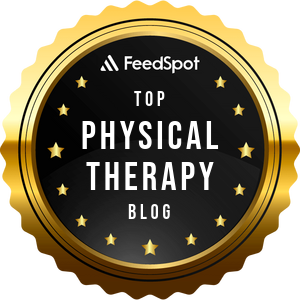
Continuing Professional Education
Looking for Massage Therapy CEUs, PT and ATC continuing education, chiropractic CE, or advanced manual therapy training? Explore our evidence-based online courses designed for hands-on professionals.


